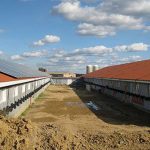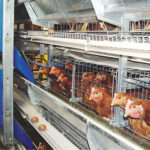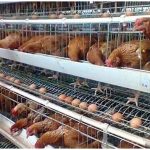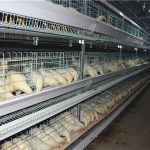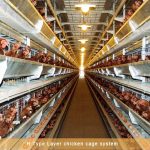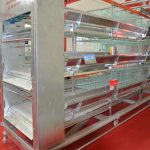Now in the early spring, the climate is gradually warming up by the cold, and the temperature is also picking up. It is the season for high-yielding eggs of the breeders. However, the temperature in the spring will pick up, the farmers will relax in management, and the temperature will warm up. The pathogenic microorganisms will start to multiply, and the temperature difference between day and night will greatly affect the production of laying hens. Therefore, the author refers to the experience of farmers andpoultry farming equipment manufacturers, it is recommended that the breeding of laying hens in the spring should pay attention to the following points.
1. Pay attention to the temperature to avoid the cold of the flock: In the early spring, although the temperature rises, it is still a bit cold, and the temperature difference between day and night is large. When removing the heat preservation equipment, pay attention to avoid the cold of the flock, don’t relax because of management. Management, resulting in too much temperature difference, so that the chickens have a cold.
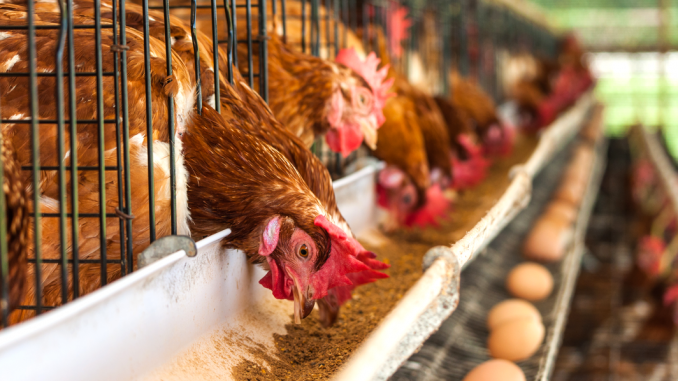
2. Pay attention to ventilation and keep the air fresh inside the house: pay attention to heat preservation while ventilation. The number, size, and direction of ventilation should be determined according to the temperature, wind, and wind direction. This can avoid respiratory diseases in the spring and increase the egg production rate.
3. Pay attention to reasonable lighting: laying hens must have 14 to 17 hours of light per day. If you use red light, the effect is better.
4. Pay attention to epidemic prevention management: Spring is the season of microbial mass reproduction, and the windy and rainy climate characteristics are conducive to disease transmission. Good environmental sanitation and strengthening epidemic prevention should be listed as the focus of daily management. After the spring, the inside and outside of the chicken house and the entire chicken farm should be thoroughly cleaned once to reduce the threat of disease. In addition, from the chicken group, sick chickens, weak chickens, disabled chickens and laying hens are eliminated and eliminated, and disease prevention work is strengthened, and feces and disinfection are diligently removed. Conditional chicken farms should be monitored for antibodies to newcastle disease, infectious bronchitis and other diseases, and they can be immunized immediately, and preventive drugs can also be administered.
5. Pay attention to feed nutrition: 1) Reduce energy feed. 2) Increase the protein content. 3) Increase the content of minerals. 4) Vitamin supplements.
The above is the management points shared by the authors and the use ofchicken battery cagesto raise laying hens in spring. The year is based on spring, farmers through scientific feeding management, not only effectively prevent the disease of the flock, but also can reduce the cost of feeding.


